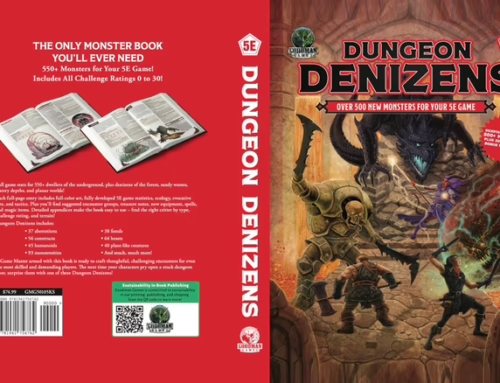How do I celebrate my blog’s fifth anniversary? I write a guest post for someone else’s!
What do princesses, superheroes, and space explorers have in common?
In a word: magic.
Perhaps that fact is most obvious with the princesses. After, the fairytales that inspired Disney’s roster of young royals are rooted in magic. Where would Beauty be without her Beast—not to mention his castle full of not-so-inanimate objects?
When princesses aren’t succumbing to sleeping spells, they’re conjuring up blizzards or breaking the Guinness Book of World Record for most impressive ponytail. Magic is in their blood.
Superheroes also descended from ancient myths. Oh, we might dress them up in contemporary (and tight-fitting) costumes. We might attempt to disguise the whimsical nature of their abilities by using modern terminology. But that doesn’t change anything.
The gamma radiation that transforms a mild-tempered scientist into a raging green beast? Magic.
A high-tech suit of armor that transforms its wearer into a powerful warrior? Magic.
That extraordinary spider that bites poor Peter Parker? Yup, magic.
The same goes for that galaxy far, far away. Most—if not all—science fiction skews toward the hypothetical and the hyperbolic. Lightsabers, X-wings, Death Stars—we may wrap it up in metal, but it’s still magic. Even after adding those oh-so scientific midichlorians into the equation, the Force remains a mystical phenomenon.
I mean, Jedi Knights are basically just intergalactic wizards with laser swords.
Because whether we’re talking about fantasy, comic books or sci-fi, it all boils down to the improbable. A longtime fan of speculative fiction in its many forms, I find few things as freeing as exploring the realms of imagination—both as a reader and as a writer.
More scholarly folks than I could probably explain the psychology that lures so many of us to seek an extra dose of creativity in our books, television, and films. Still, isn’t it fascinating that magic always seems most prevalent in media made especially for children? Could it be because younger minds are just more receptive to that which stretches reality to its limits—and beyond?
Once upon a time, we adults delighted in magic as often and eagerly as our offspring do. I can’t help but wonder why so many people leave magic behind. Forget wards and counter-spells. Peter Pan was right: the only way to destroy magic is to grow up.
Then again, maybe not.
Given the enduring popularity of Disney princesses, superheroes, and Star Wars, it would seem many adults just aren’t ready to say farewell to magic. After all, it is adults who are writing books and screenplays, not kids. Which raises another question:
Are we delivering stories of magic to children because they innately crave it or because we want to tap into the sense of wonder that has inevitably faded in us over the years?
I suspect it’s a little of both. We return to magic to tap into nostalgia, to exercise our imaginations, to escape the everyday. It’s as if there’s something in our DNA that forces us, now and then, to step away from the mundane and look for “something more.”
It doesn’t matter if we’re drawn to princesses or space pirates, superheroes or sorcerers. As long as there are those who continue to search for magic, there will be those who provide it.



Leave a comment